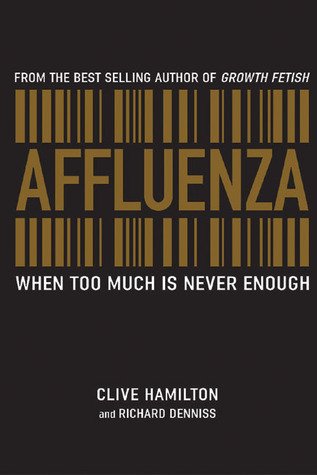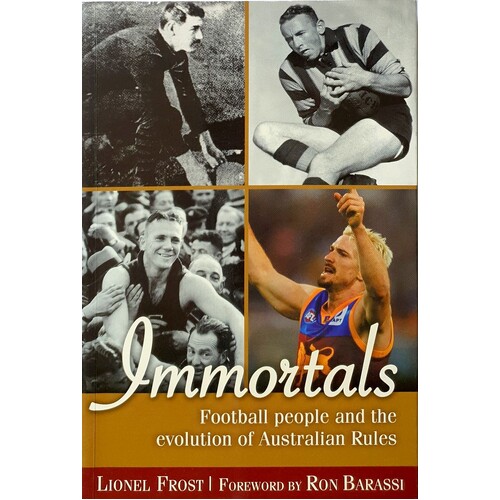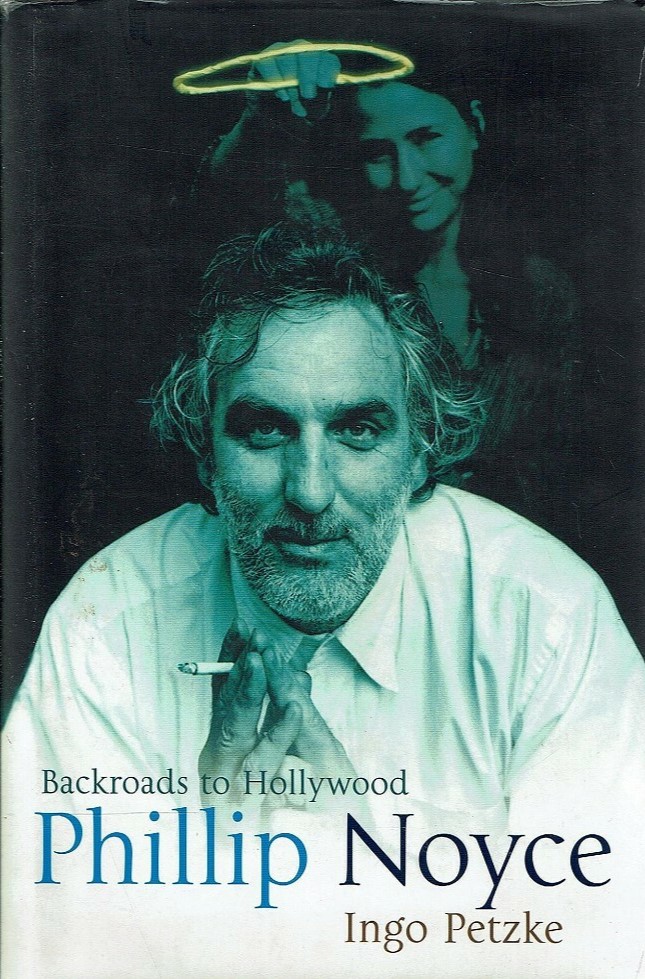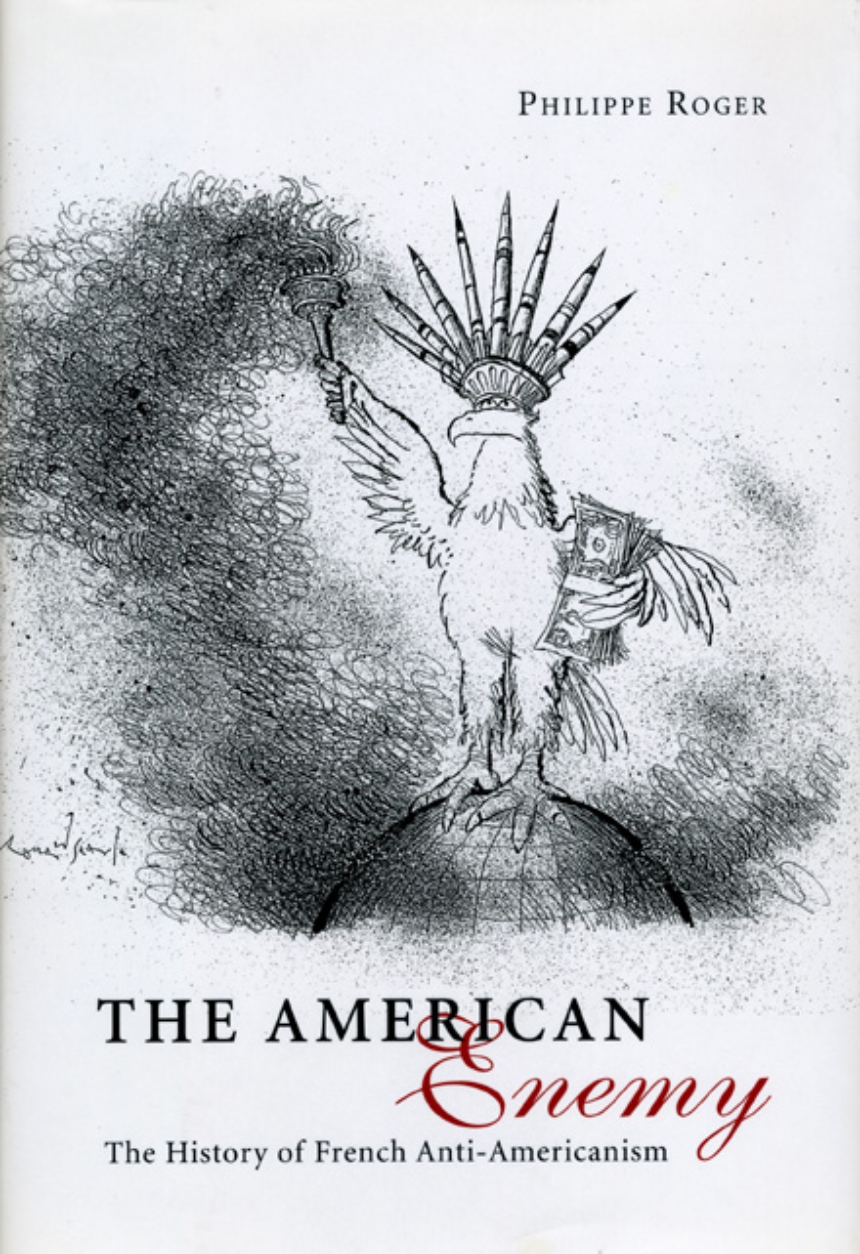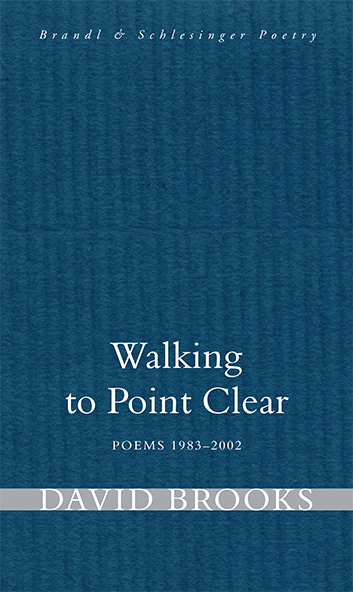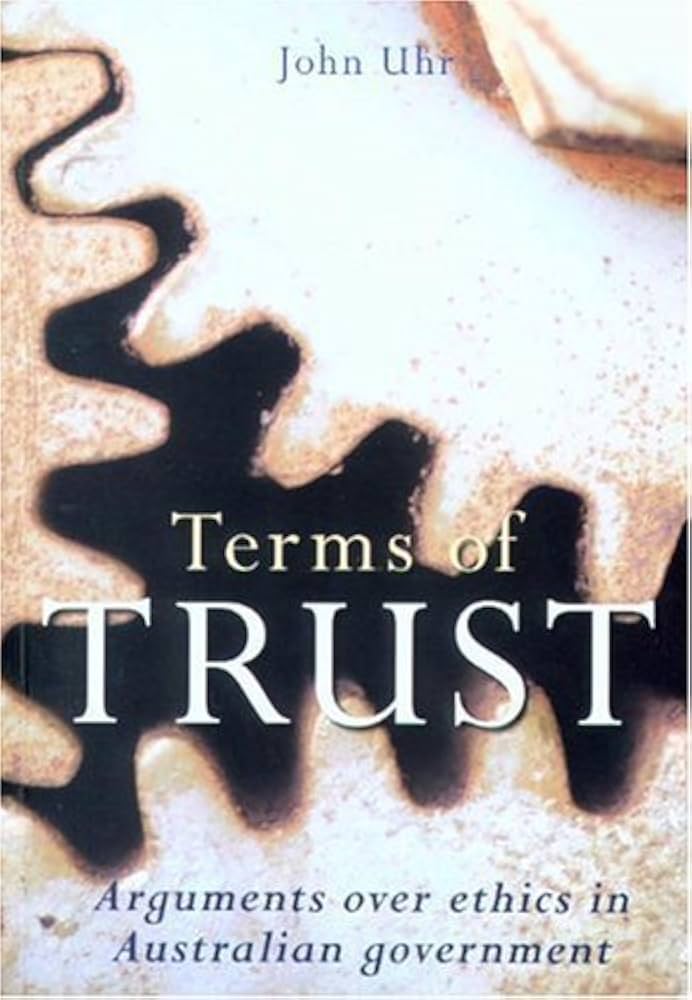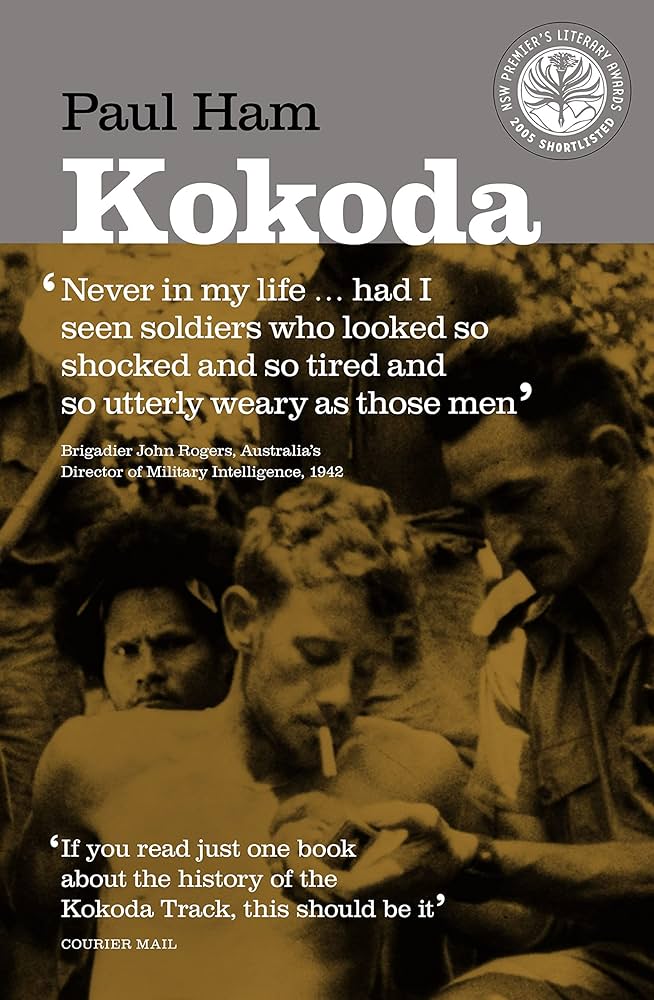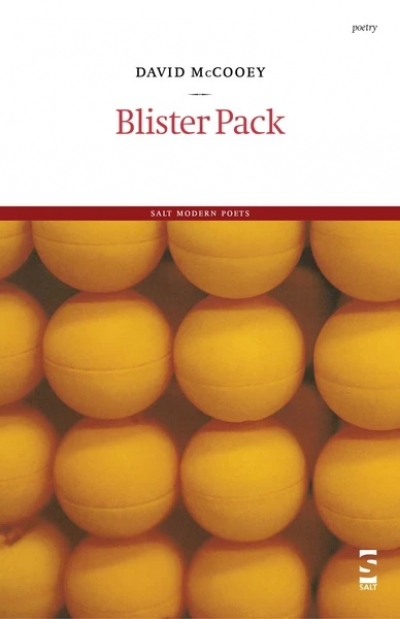Archive
Affluenza: When too much is never enough by Clive Hamilton and Richard Denniss
by Amanda McLeod •
Immortals by Lionel Frost & Keeping the Faith by Steve Strevens
by Brian Matthews •
The American Enemy: The history of French anti-Americanism by Philippe Roger
by Colin Nettelbeck •
Just before she entered the world of Wonderland, Alice asked: what is the use of a book without pictures? A book in which an imaginative narrative is symbiotically supported and augmented by illustrations can play an important part in the development of a child’s verbal and visual literacy skills. However, a picture book is more than just a story with pictures: it is also a cultural artefact that both reflects and transmits the mores of the country in which it is produced. And a good picture book can do more than simply replicate the visual stereotypes often found in popular culture: it can stretch the imagination, excite curiosity, structure meaning and shape cultural identity.
... (read more)
